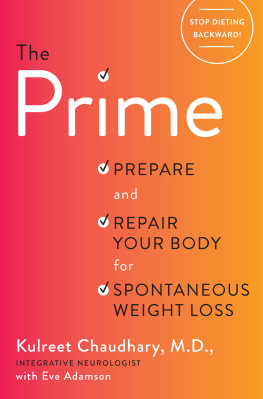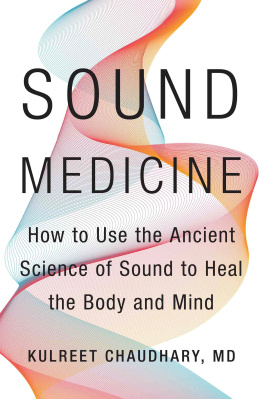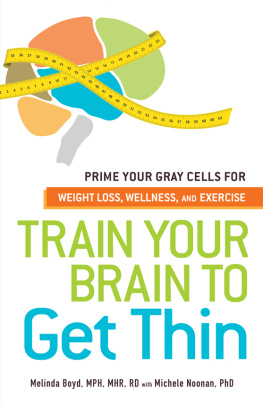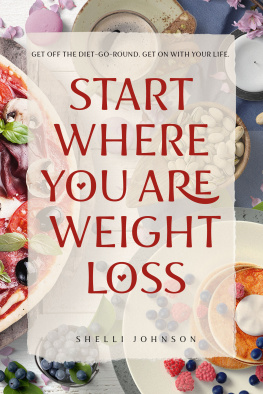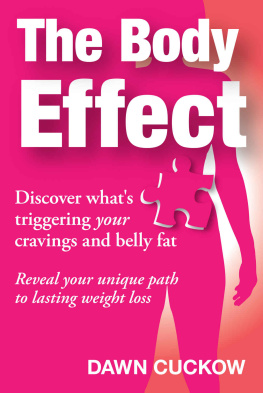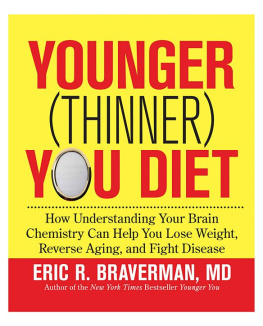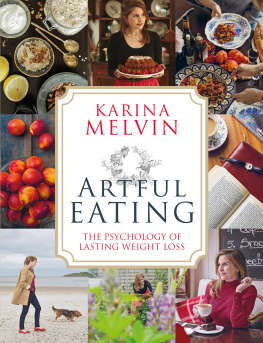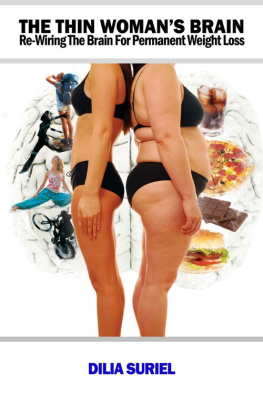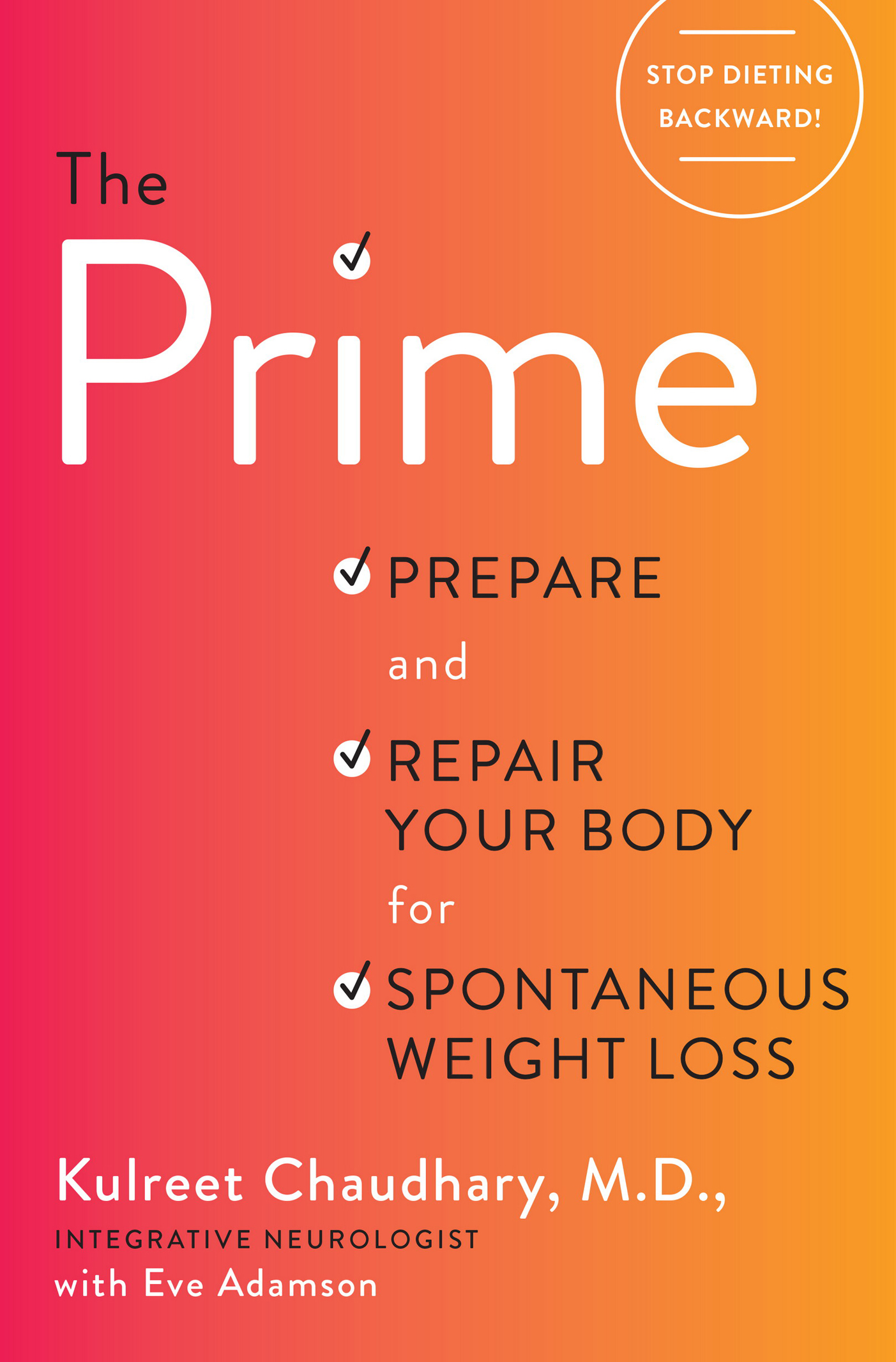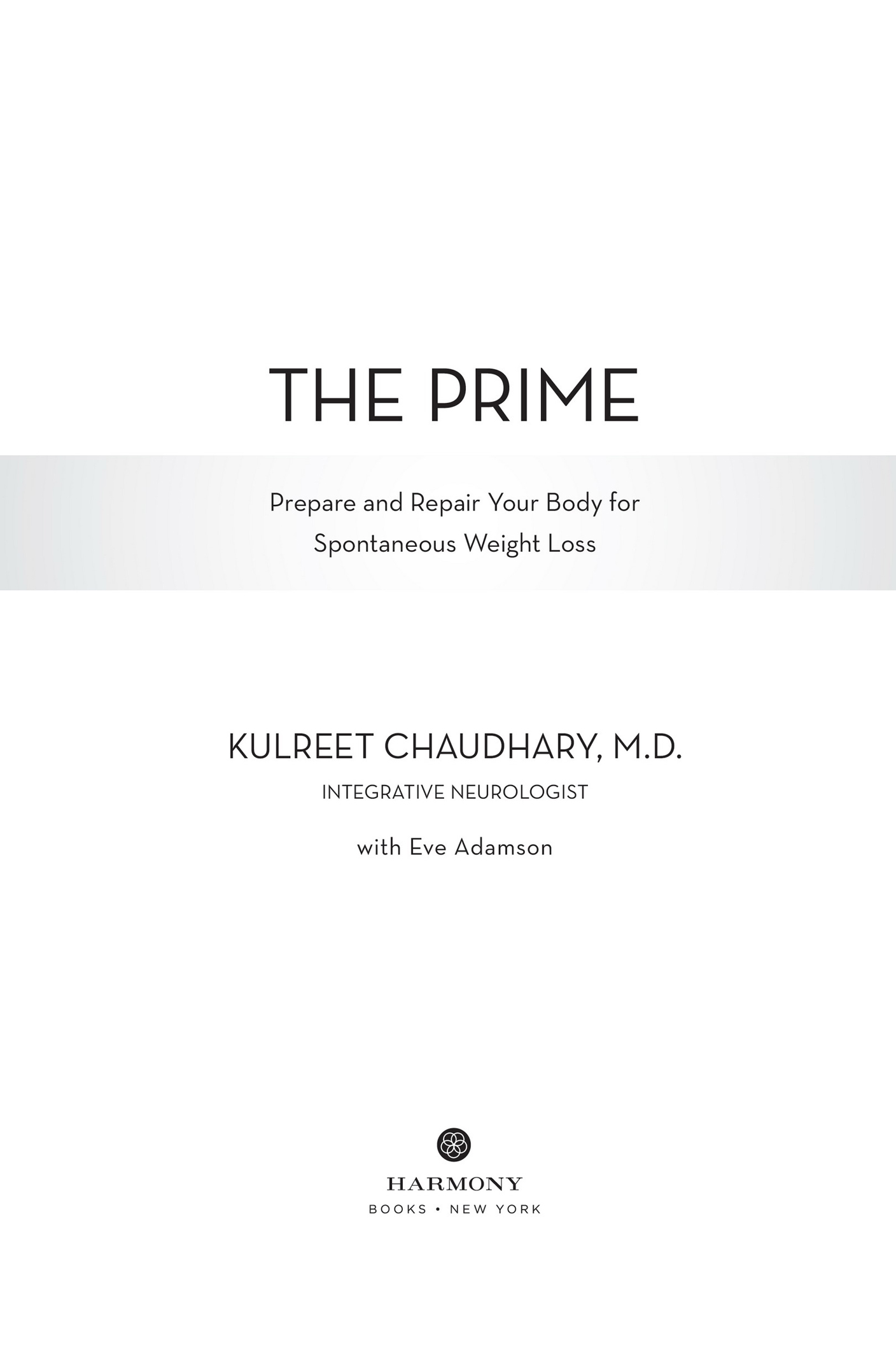The material in this book is for informational purposes only and is not intended as a substitute for the advice and care of your personal physician. As with all new diet and fitness regimens, this program should be followed only after first consulting with a doctor to make sure it is appropriate for your individual circumstances. Nutritional needs vary from person to person, depending on age, sex, health status, medication requirements, and total diet. Specifically, this program should NOT be followed by women who are pregnant or breast-feeding. The author and publisher expressly disclaim responsibility for any adverse effects that may result from the use or application of the information contained in this book.
INTRODUCTION
A NEUROLOGISTS COMING OF AGE
M y grandfather was a doctor for a large community of people in a town near Ludhiana in India. I loved and admired my grandfather, and I knew from an early age that I would be a doctor just like him. After an interview I did recently, I had a revelation: I am now practicing medicine much the way my grandfather did. But it wasnt always that way.
Life was much different in India in the 1970s than it is in the United States today. As the town doctor, my grandfather took his position as overseer of the communitys health seriously. He created a partnership with the people of that community. When somebody got sick, he wasnt seeing the patient for the first time, in isolation, with no knowledge of his or her history or life. In most cases, he was also taking care of that sick persons parents, grandparents, and children. He understood how they lived. He created a loving bond with his community, and that bond allowed him to influence the entire familys health over the years. He didnt just provide a service. He provided a healing relationship.
When I was young, I was the apple of my grandfathers eye. I was the first grandchild and I was deeply attached to him. Up until I turned four, he watched me during the day and he took me into work with him regularly. I still have clear images of my grandfather in his little clinic caring for the people who came. There was always such a tremendous feeling of love and support there. He could be stern when he needed to be because he was invested in his patients health, and they didnt always do what he told them to do. But it always came from love. Sometimes people could pay him and sometimes they couldnt, but that was never an issue. This shaped my perception of what medical care should be more than anything else I ever learned in medical school.
But then we moved to America. I was heartbroken to leave my grandfather, my extended family, and the community that nurtured me, but my parents were excited about the opportunities this new country would afford us. They wanted the American dream and they thought a better life awaited them. People in India envision America as shiny and exciting and full of opportunity, but I still remember the feeling of losing my foundation.
My parents, however, were eager to adapt. They moved my sister and me across the ocean and started a new life in Southern California. My mom was a physical therapist and my dad an electrical engineer. Although my parents discarded some of our customs (for example, our fully integrated Indian family, including my parents, grandparents, uncles, and aunts, was now split across two continents), we still practiced Ayurvedic medicine. This wasnt a big deal to us. It was just part of our lifestyle. Even though my grandfather had been trained in Western medicine, our culture practices a complete integration of lifestyle medicine with Western healing. If someone was sick enough to require medication, the doctor would prescribe it, but typically the first step was, Hey, you have to change these things about how you are living. The goal was never to keep them on medicine, as it seems to be these days in the United States. Once here, we continued to live that way, including in the way we ate.
Of course we were introduced to some American foods we hadnt tried before, but our basic eating style remained rooted in Indian cooking. The spices we cooked with on a daily basis, which are now considered part of Ayurvedic medicine, were simply a part of everyday cooking, included turmeric, cumin, coriander, fennel, ginger, and amla berry pickle. It sometimes still strikes me as strange to prescribe to my patients what I used to know as pickles on the dinner table. I didnt know at the time that as we ate these foods, we were fighting diabetes, cancer, and obesity.
The way we dealt with minor health concerns was Ayurvedic in nature, too, although I didnt know to call it that at the time. For instance, if I got an ear infection, my parents would break out the garlic oil, which was just sesame oil with garlic cloves soaking in it. If any of us got bronchitis, my parents would give us a mixture of turmeric and honey. These were the first lines of defense, before ever considering antibiotics. I didnt get a lot of antibiotics growing up because our home remedies were so effective.
Another Ayurvedic concept we practiced was the portioning of our meals. Our lunches were really large, and dinners really small, and we always finished eating before sunset. It was simply a part of our culture and what we were used to doing.
I did notice some definite differences in the food between America and India. One of the most difficult was the milk. In India, the cows that are kept for milk production are treated kindly, like part of the family, and the milk tastes completely different. In India, milk tastes sweet. I used to love milk and butter in India, but I didnt like it so much here because it tasted bitter to me. It took me a long time to get used to it. I dont know if this is because of what the animals eat or how they are treated, but I do know that in India, the milk the cows give is voluntary (meaning they were not bred as dairy cows, to give us milk; we had milk only when they happened to have given birth). Also, the relationship between humans and animals is gentle and compassionate. I grew up feeling that and experiencing a gentle and natural relationship with food itself.
Yet we hardly ever had dessert. You might get some cake on your birthday, but other than that, fruit was the only dessert I knew. We craved fruit, and I remember how my father used to bring home boxfuls of mangoes. That was our dessert. I remember being seven or eight and we were allowed one sugary treat each week. It was always on a Friday and it was usually one of those miniature candy bars, like you get on Halloween. (Fridays were also when we were allowed thirty minutes of televisionwoo-hoo!) We enjoyed candy, but we didnt crave it because it seemed like such a rare event, and we didnt expect to be able to get it every day like kids so often do now.

